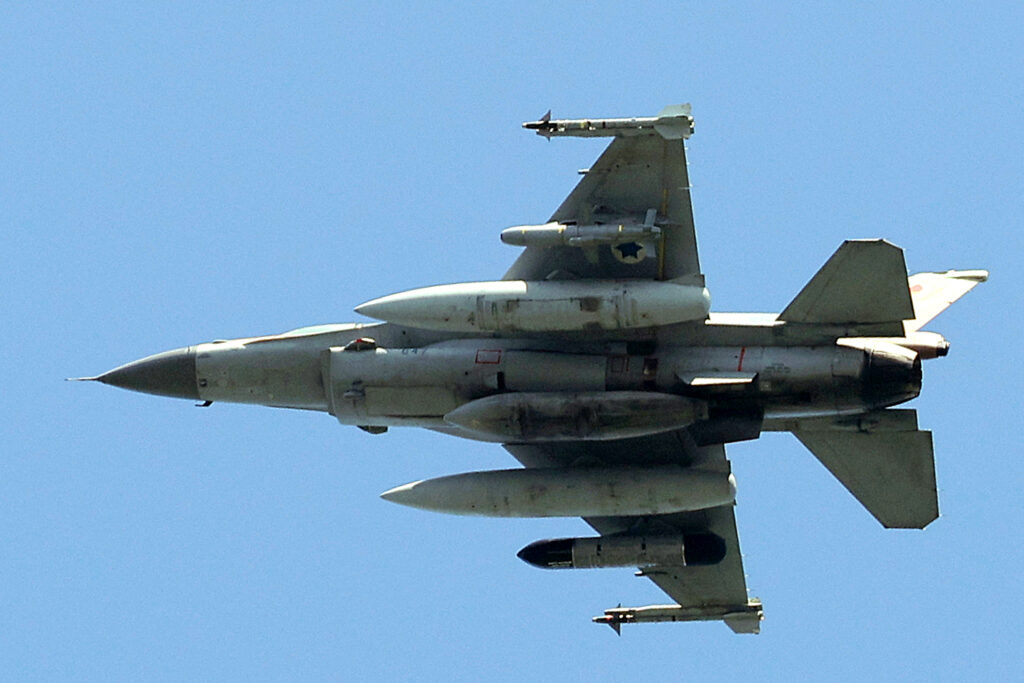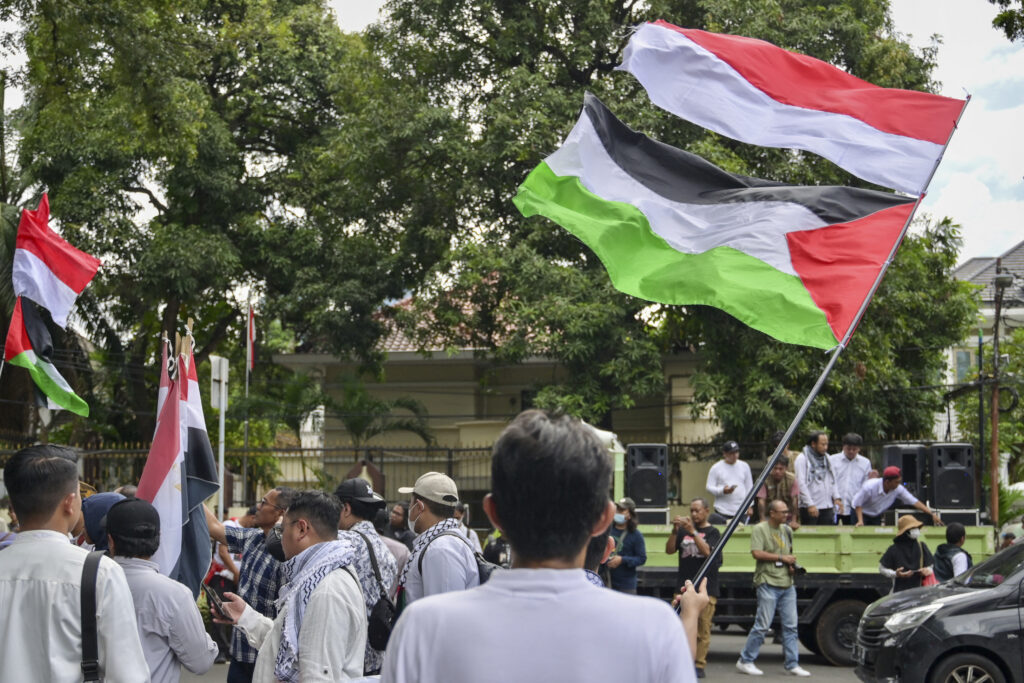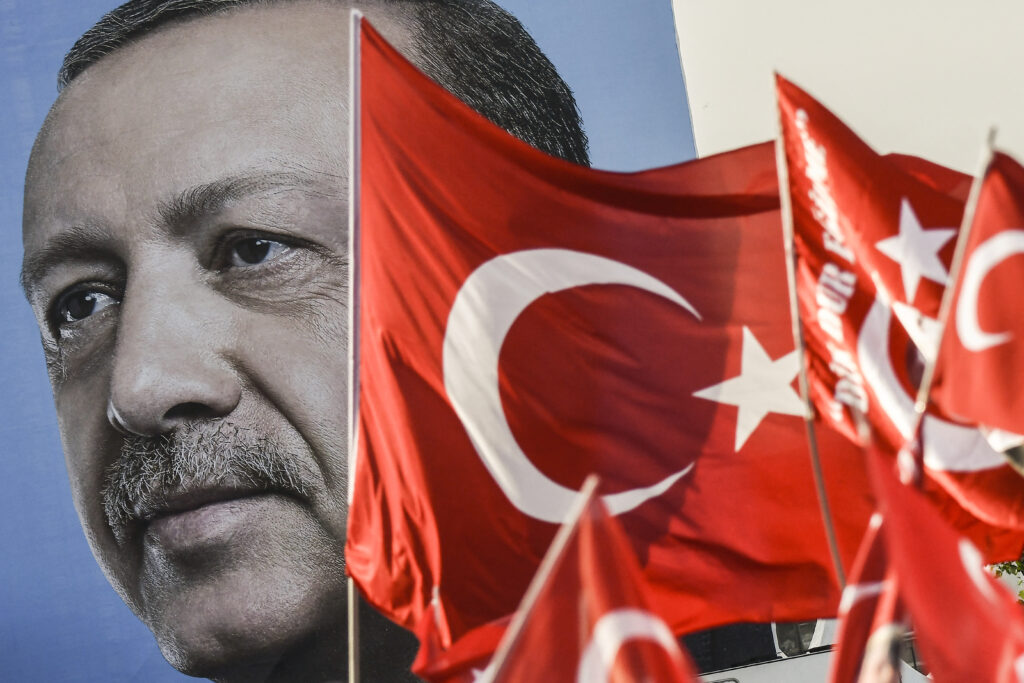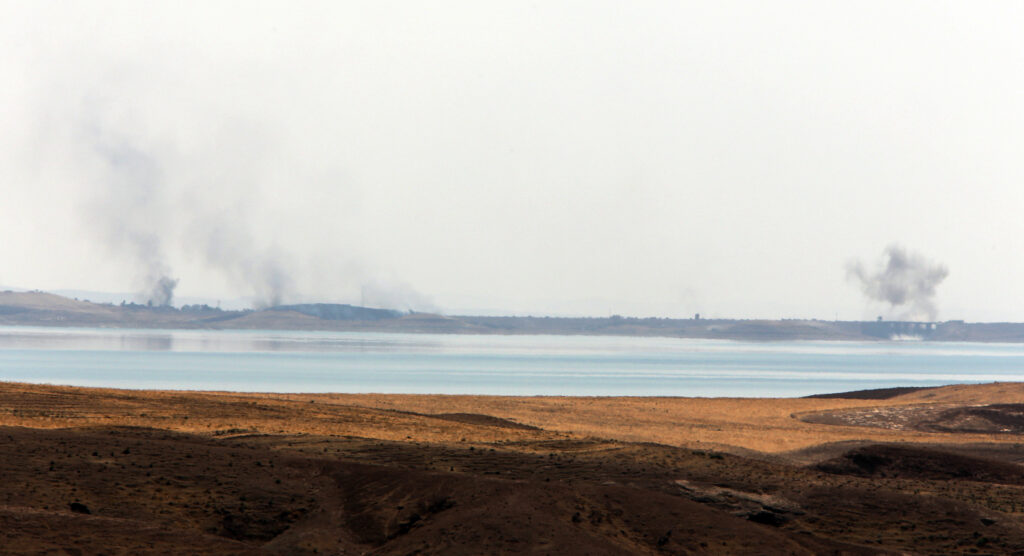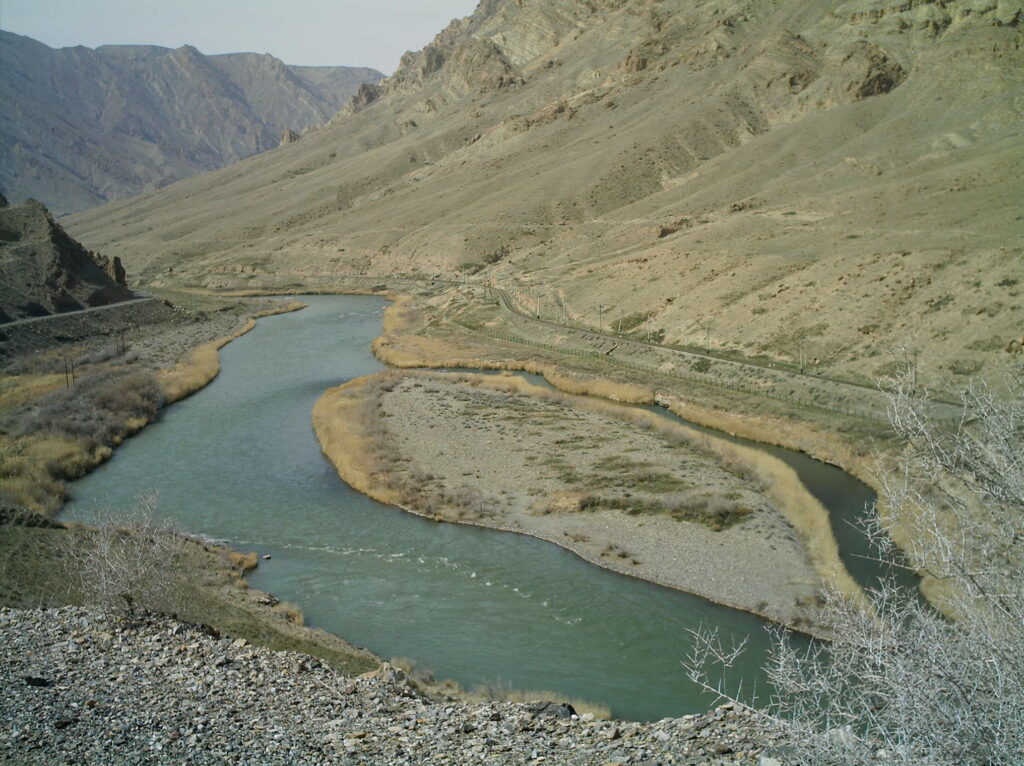Israel and the Houthis: A Complex Dance
- Evangeline Cheng
- -

Despite the tenuous ceasefire between Israel and Hamas, the question of whether the Houthis, who pledged to halt attacks in the Red Sea, would keep their word remains in doubt. Abdul Malik al-Houthi, the leader of the Yemeni group, had earlier stated that he would scrutinise the implementation of the truce, and threatened to resume attacks if it was breached. For good measure, the group released the crew of the cargo vessel Galaxy Leader, which had been detained shortly after the war in Gaza began. Despite this, the maritime industry remains cautious, with reports suggesting that major shipping lines would continue to transit via the Cape of Good Hope instead of the Red Sea.
Over the past 15 months, while the focus has been on Hezbollah, often described as Iran’s “crown jewel”, and the ongoing conflict with Hamas, the Houthis have emerged as a persistent and evolving thorn in the side of Israel, and the international community. Israel’s decimation of Hamas and Hezbollah has left the Houthis as the last significant proxy in Iran’s regional network. Unlike the other two groups, however, the Houthis’ have adopted a much more indiscriminate approach, focusing more on disrupting international maritime trade than targeting Israel directly, although they have launched direct attacks. The Houthis have also targeted undersea communications cables near Djibouti, disrupting global communication networks. The havoc the group has created has reverberated worldwide, exposing the inadequacy of actions led by the United States against them.
Israel’s Response
Tel Aviv, too, has struggled to come to grips with the threat from Yemen. The Israel Defense Forces have launched attacks on military infrastructure at Sanaa International Airport, the Hezyaz and Ras Kanatib power stations, and elsewhere. It has also tried to cripple port infrastructure — Hodeidah, Yemen’s largest port on the Red Sea coast, remains a critical gateway for Iran’s weapon shipments to the Houthis, while nearby Ras Issa serves as a key staging ground for military shipments and logistics. These have weakened the group’s arsenal, but not its resolve, making Prime Minister Benjamin Netanyahu’s rhetoric that the Houthis would learn the consequences of attacking Israel “the hard way” ring hollow.
Israel’s ineffective response to the Houthi threat is down to three reasons. First, the Houthis’ stronghold in Yemen is around 2,000 kilometres from Israel, making direct military confrontation costly and complex. This also means the Houthis do not represent an existential danger to Israel, unlike Hamas or Hezbollah. Second, despite the ceasefire, Israel’s primary focus remains on Gaza. Though degraded significantly in military terms, the presence of Hamas fighters during prisoner exchanges gives the lie to Israel’s avowed war aim of destroying the terrorist group’s ability to govern. Finally, Israel’s lack of success is likely a result of the lack of actionable intelligence on the Houthis. The Yemeni group has never been a focus for Israel, and despite recent efforts to ramp up intelligence gathering, attempts to get a handle on Houthi operational security, and decentralised command structure, coupled with geographic distance, pose considerable obstacles. This complicates the Israeli response. These factors, combined with broader Israeli strategic considerations, help explain why the Houthis remain a persistent threat.
Regional Hesitancy: The Lack of Unified Action Against the Houthis
Both the US and Israel have struggled to develop a unified and decisive strategy to tackle Iran’s network of proxies. While Israel took direct action against Iran, the Biden Administration expended great effort in restraining Tel Aviv. Since taking office, President Donald Trump has taken a herky-jerky track towards Tehran: On the one hand, he signed an executive order restoring his “maximum pressure” campaign against it; but on the other, he has signalled a willingness to reach a new nuclear deal, writing on social media that he wants “Iran to be a great and successful Country, but one that cannot have a Nuclear Weapon”. While Israel still views Iran as a chief threat, the US now appears to deem it less so. Given Israel’s own muted response to the Houthis, and Mr Trump’s general disinterest in them, it is likely Yemen will remain low on both sides’ lists of priorities.
While successive US administrations have consistently emphasised the importance of regional stability and deterrence, their responses to crises involving the Houthis have often failed to reassure Gulf allies. This inconsistency has created a vacuum that Iranian-backed actors, including the Houthis, have exploited to expand their operational reach and bolster their influence. It has also deepened the sense of vulnerability among Gulf states, who are increasingly questioning the reliability of US security guarantees.
It is not surprising, therefore, that US deterrence efforts, such as Operation Prosperity Guardian, which aimed to prevent Red Sea attacks, have met with muted interest from Saudi Arabia and the UAE — primarily due to their experience with the Houthis in Yemen. The Saudis, in particular, are focused on maintaining a fragile ceasefire with the Houthis, brokered by the United Nations in 2022, and are negotiating terms that could include Houthi control over parts of Yemen. At the same time, Saudi Arabia recognises that aligning with such a US-led initiative could provoke the Houthis to escalate their attacks on the Kingdom’s critical infrastructure.
Their reluctance to engage highlights a critical lesson learned from years of fighting the Houthis: Dislodging an indigenous insurgent movement is almost impossible without a massive ground force commitment, as the US discovered in Afghanistan and Iraq. This experience has led the Saudis and UAE to avoid a deeper involvement in any conflict that might provoke further confrontation with the Houthis — particularly after both sustained bloody noses in previous attempts to ingratiate themselves into Yemen’s civil war.
Egypt — arguably the state most affected by the disruption in the Red Sea — has also refrained from direct involvement. While the government emphasises that “security in the Red Sea should remain the responsibility of the bordering countries”, it has avoided military action against the Houthis. With its vast coastline and significant economic stakes, including a sharp 60 per cent decline in Suez Canal revenue, Egypt has much to lose from continued instability in the area. While Cairo has pursued diplomatic efforts with neighbouring countries like Eritrea and Somalia to stabilise the region, its reluctance to confront the Houthis directly highlights the broader hesitation across the region to engage militarily.
China, meanwhile, appears content to free-ride on the security efforts of the US and its allies, sidestepping the costs of engagement while leaving them to bear the brunt of dealing with Houthi attacks.
Conclusion
It is not unlikely that Israel will ultimately be forced to confront the Houthis alone, but this could prove much more difficult than its campaigns against Hamas and Hezbollah, quite apart from the fact that Tel Aviv has no clear strategy for dealing with the threat from Yemen. While pinpoint strikes have not deterred the Houthis, an all-out attack will likely pose even bigger headaches: This could worsen the humanitarian crisis in Yemen, further inflaming international opinion against Israel, and anger both Saudi Arabia and the UAE, who have their own reasons for wanting to avoid upsetting the applecart.
Given these restraints, the bare minimum for Israel would be to maintain strategic equilibrium. Israel must tread carefully, balancing its immediate security imperatives without scuttling its long-term objective of a “changeover in the Middle East”. Under President Donald Trump, Israel may feel emboldened to take bolder actions against Iran and its remaining proxies. But whether this will bring stability remains to be seen. For Israel, the “day after” is as uncertain as the choices it faces now.
Image caption: Houthi fighters accompany newly-released Yemeni prisoners on their way to be united with their relatives, in Sanaa on 25 January 2025.
Yemen’s Huthi rebels freed 153 “conflict-related” prisoners on 25 January the International Committee of the Red Cross said, as a ceasefire largely holds after years of war. Photo: AFP
About the Author
Evangeline is a research associate at Middle East Institute, National University of Singapore. Prior to her current role, she spent a large part of her career in learning and development, focusing on workplace learning and action research projects. She is particularly interested in exploring the traditional and emerging alliances within the geopolitical landscape of the Middle East. Evangeline holds a bachelor’s degree in communication studies and a master’s degree in Asian studies from Nanyang Technological University.
More in This Series
- Pourya Nabipour & Neda Beirami
- -

